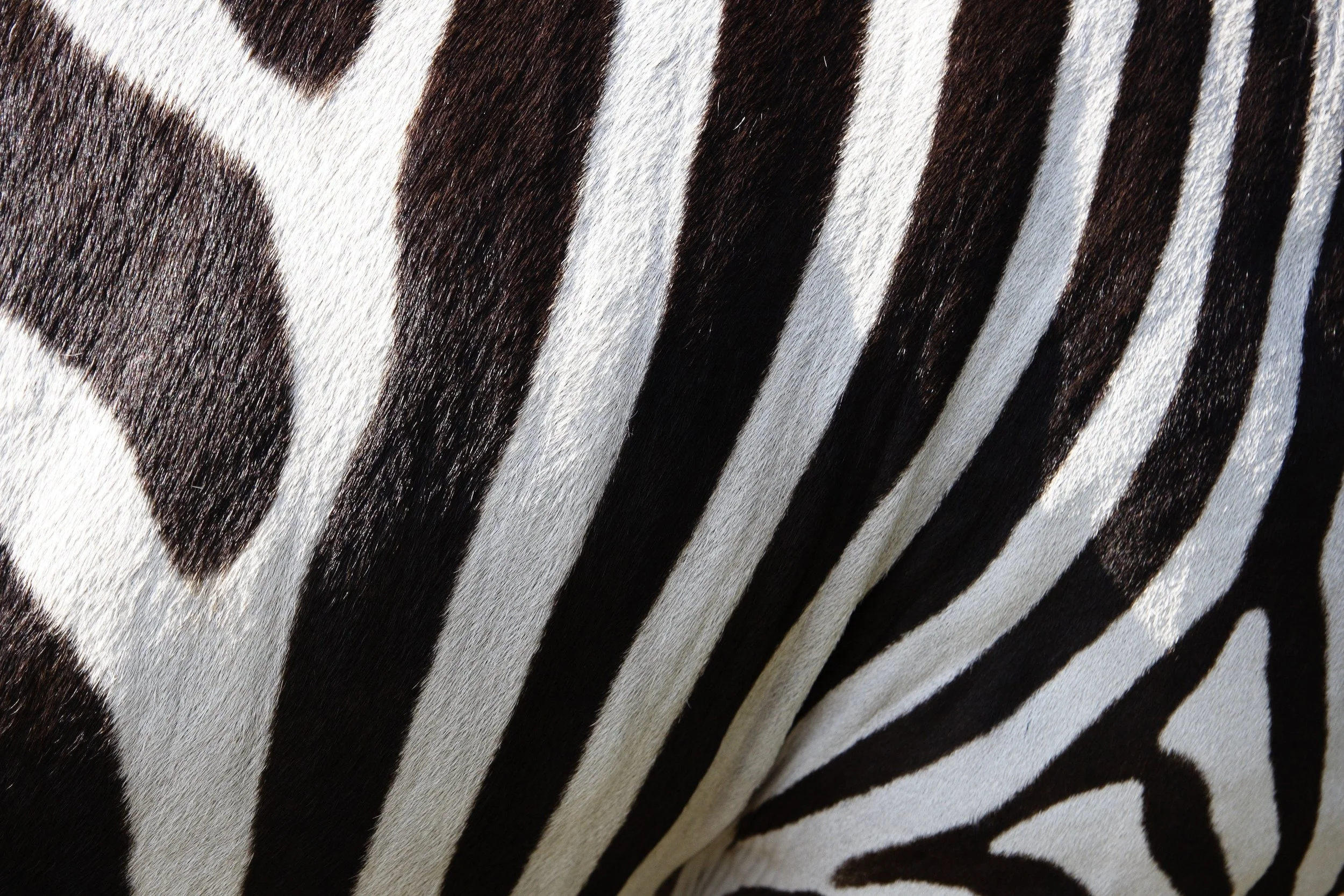Fur Fur Away
Lucy Cunningham
We justify many things with the argument of “we have always done it”. Sure, our ancestors draped themselves in the skin of their prey to then eat and pick at the carcass, and fair enough, there was no Zara nearby. This was survival. However, our ancestors also had lifestyles deeply rooted in rape, incest and cannibalism, so, just because something is part of our history, does this make it moral in today’s society?
Perhaps such a question is presenting itself to those in the fashion industry, in the recent years, the denouncement of fur sweeping across British fashion houses. This year’s London Fashion Week saw over 64,000 people sign a petition to have fur completely banned from the event. The petition’s organiser stated that “Every year the fur industry is responsible for the death of 1 billion rabbits and 50 million other animals... foxes, minks, dogs, cats, racoons, chinchillas, seals and many more.”
A harsh reality for many people who throw on their fur coat with the intention of glamour, is that, in fact, their outfit is the polar opposite of this, with origins of torture, gore and mutilation.
A concern is that this recent spike in banning fur is simply a trend rather than an ethical decision by brands. With veganism and animal activism becoming increasingly popular in recent years, this has lead to a mass majority of restaurants in the UK widening their menus to include vegan options. Another example is with cosmetic companies such as Avon, who have been joining the bandwagon in supporting animals by throwing in the towel on animal testing..
It is obvious to imagine that for most companies, priority- if not sole motive- is maximising personal profit. Therefore, it is not ridiculous to suggest that by denouncing fur, this is an act of strategic accordance to trends rather than that of empathy towards the cause. The same can be said for companies who are denouncing fur but choose to continue selling leather products. Surely if animal protection was in mind, animal products would be removed completely from product lines. However, houses such as Gucci, Tommy Hilfiger and Vivienne Westwood, despite objecting fur, seem completely fine with the skinning of other types of animal.
Many fashion houses stand by the philosophy that fur is always going to be the component of a timeless and statement piece, that fur is a luxury and for those who appreciate this, synthetic (faux) fur does not quite cut it. However, Marco Bizzarri, chief executive and president of Gucci, opposed this argument with the belief that fur now “is a little out-dated.”
This perhaps leans towards an undermining of fur being banned for the right reasons. However if fashion is heading in any direction, we should celebrate that direction being one that sees fur as untrendy, even if the bigger picture of it being immoral is missed.
There is still a long way to go in the strive towards fashion disconnecting itself from animal cruelty. Leather is still being massively manufactured and glamorised in fashion, fur is still a major ongoing industry and animal testing is the norm for thousands of cosmetic brands in the UK. However, if patterns are said to repeat and if high-end fashion houses have always set the lead for trends, our future should see many companies follow suit and say no to fur.
There was a time when our ancestors communicated through grunts, we evolved. There was a time where black slavery was a norm, we evolved. There was a time where fur was seen by all as a statement material, we evolved. There is a time now where animals are killed for our looks, and soon, I beg, that we evolve.
Show support to the movement and send fur fur away.


